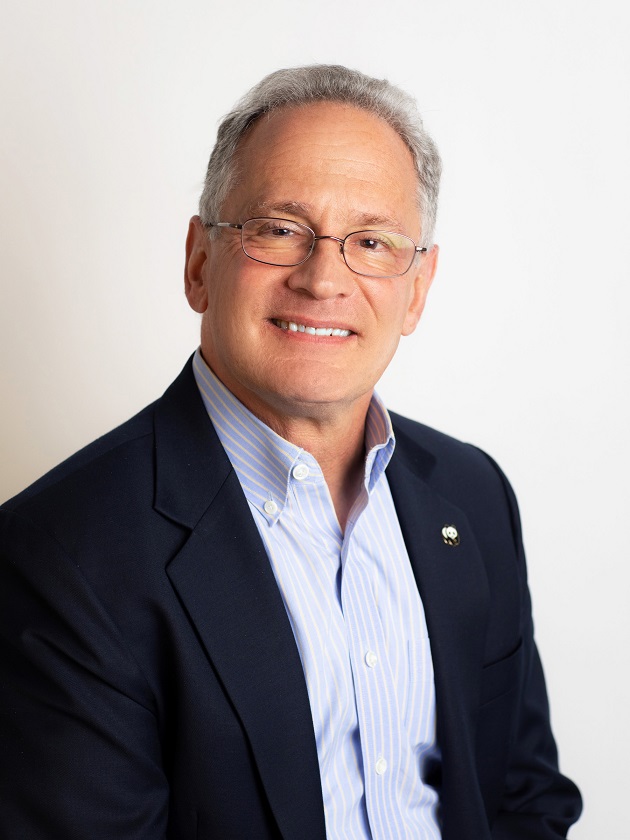Graduate Opportunities in My Research Group
26 March 2024
I accept doctoral students through both the Department of Ecology and Evolutionary Biology (EEB) and the Science, Technology, and Environmental Policy (STEP) Program in the School of Public and International Affairs. Below, I describe the two programs and discuss how we go about reviewing applications.
In EEB, applications are reviewed first by an admissions committee and then by the entire faculty. We develop a short list of candidates who are then invited to visit the department in person (usually in late January or early February) or virtually (depending on whether the applicant lives really far away). The faculty ultimately decides by consensus whom to admit. This has two important implications for applicants. First, it’s essential that faculty members in addition to me be supportive of your application. Second, because admission decisions are made by the entire faculty, you should write your essays in such a way that specialists in any area of ecology or evolutionary biology can understand the significance of what you are proposing to do.
In the School of Public and International Affairs, applications are initially reviewed by at least two STEP faculty members. If you are interested in working with me, I will be included in that initial review. I may also ask to meet with you virtually or in person. As with EEB, the faculty ultimately decides by consensus whom to admit. Thus, it’s important that you write your essays in such a way that faculty members from diverse fields can understand what topics interest you and why.
Speaking personally, I don’t expect you to have a fully formed thesis topic in mind when you apply (indeed, students who arrive thinking they know exactly what they will do inevitably end up changing their minds). But I would like to know what types of research questions you consider interesting and important and why you think so.
We tend to discourage applicants from visiting Princeton before the admissions committee has had a chance to review the applications; it makes more sense to wait to see if you’re invited for an interview, since we will cover your travel costs if you are invited, and you will get the chance to meet other faculty members in addition to me. However, overseas applicants who happen to be visiting Princeton outside the normal interview period are welcome to visit me, schedules permitting.
For the EEB program, I am looking for students who are keenly interested in conservation biology. In the STEP program, I am also looking for students interested in biodiversity conservation, but they do not necessarily have to have a strong undergraduate background in biology. Indeed, one goal of the STEP Ph.D. program is to enable students to acquire high-level skills in at least two disciplines (in my group that’s typically ecology or conservation science plus one of the social sciences). STEP is not a good choice for students whose passion falls largely within ecology and conservation biology; such students are better off applying to the doctoral program in EEB. A good rule of thumb is to look at the coursework and dissertation research my students in both programs are doing to see whether EEB or SPIA interests you more.
In recent years, my research has focused primarily on: (1) the impacts of different land-use practices on biodiversity in tropical ecosystems (primarily in Asia and the New World); (2) the wildlife trade; (3) the conservation of migratory species; and (4) forest restoration and management for biodiversity conservation. However, as you will see by looking at my research group’s webpage (https://scholar.princeton.edu/dwilcove/home), we have worked on a variety of topics, and I am certainly not locked into these areas. I am not much of a theoretician or a modeler, so I don’t feel I can provide strong guidance to students interested primarily in theory or models. (We have other faculty members who are gifted theoreticians and who are strongly interested in conservation). As a general rule, I do not co-advise students, so if you are applying to work with me, in all likelihood I will be your sole advisor.
In judging applicants, I look at all aspects of the candidate’s record: experience, academic performance, publications (if any), statement of purpose, and letters of recommendations. I don’t apply any strict formula in weighing this information, although I try to find applicants who are strong in all components.
I think it’s dangerous to apply to any graduate program in which only one faculty member’s research really interests you, so be sure there are other faculty members at Princeton whose work you like.
-- David Wilcove





